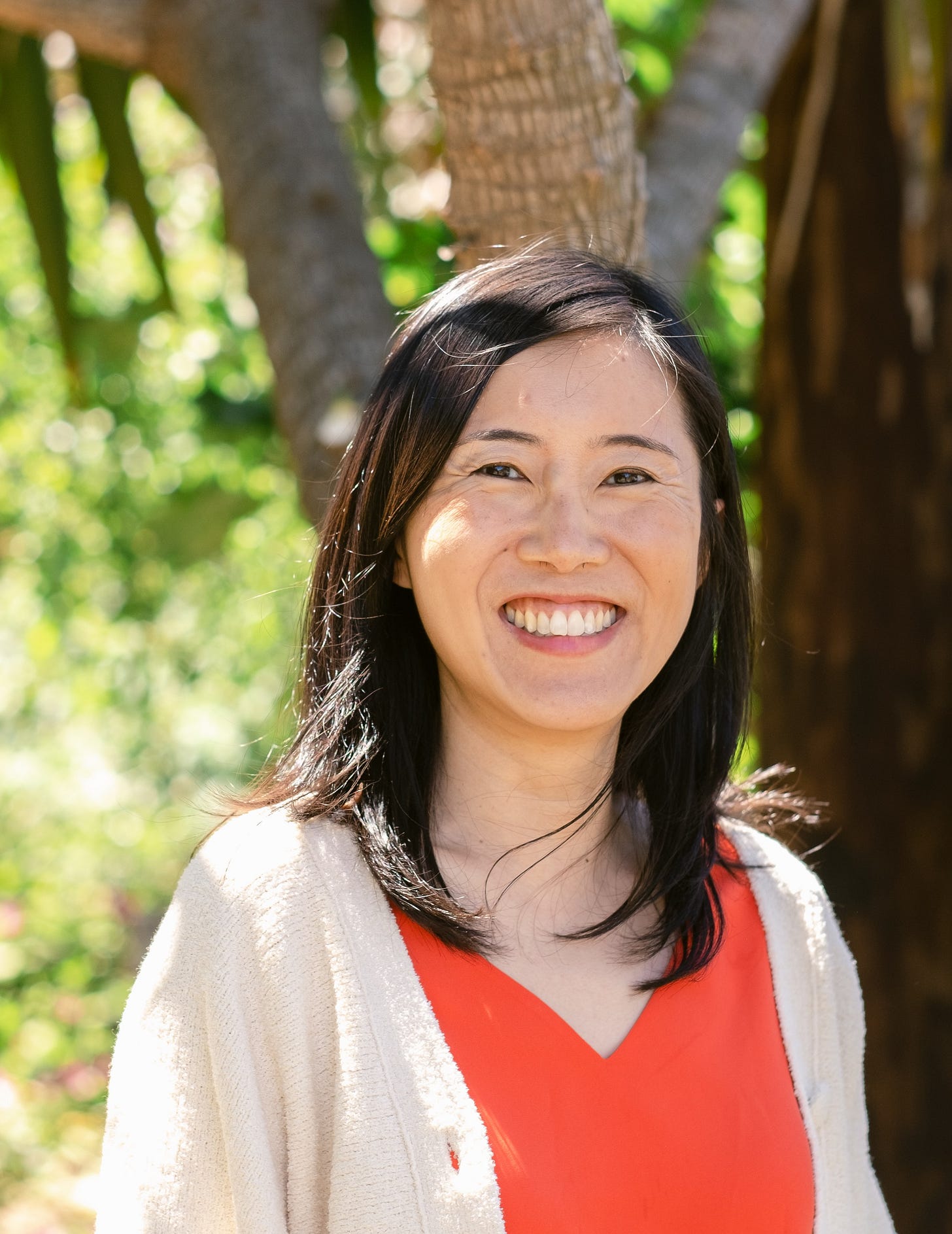Skillful Livelihood: Resetting Purpose, Remembering Finitude
A Light Hive Collaboration with Eugenia Chiang!
Hi friends! My name is Logan and every couple of weeks I post about Dharma-inspired mindfulness. This is the first interview for Light Hive–I’m very excited to share a by-line with my friend, Eugenia Chiang!





